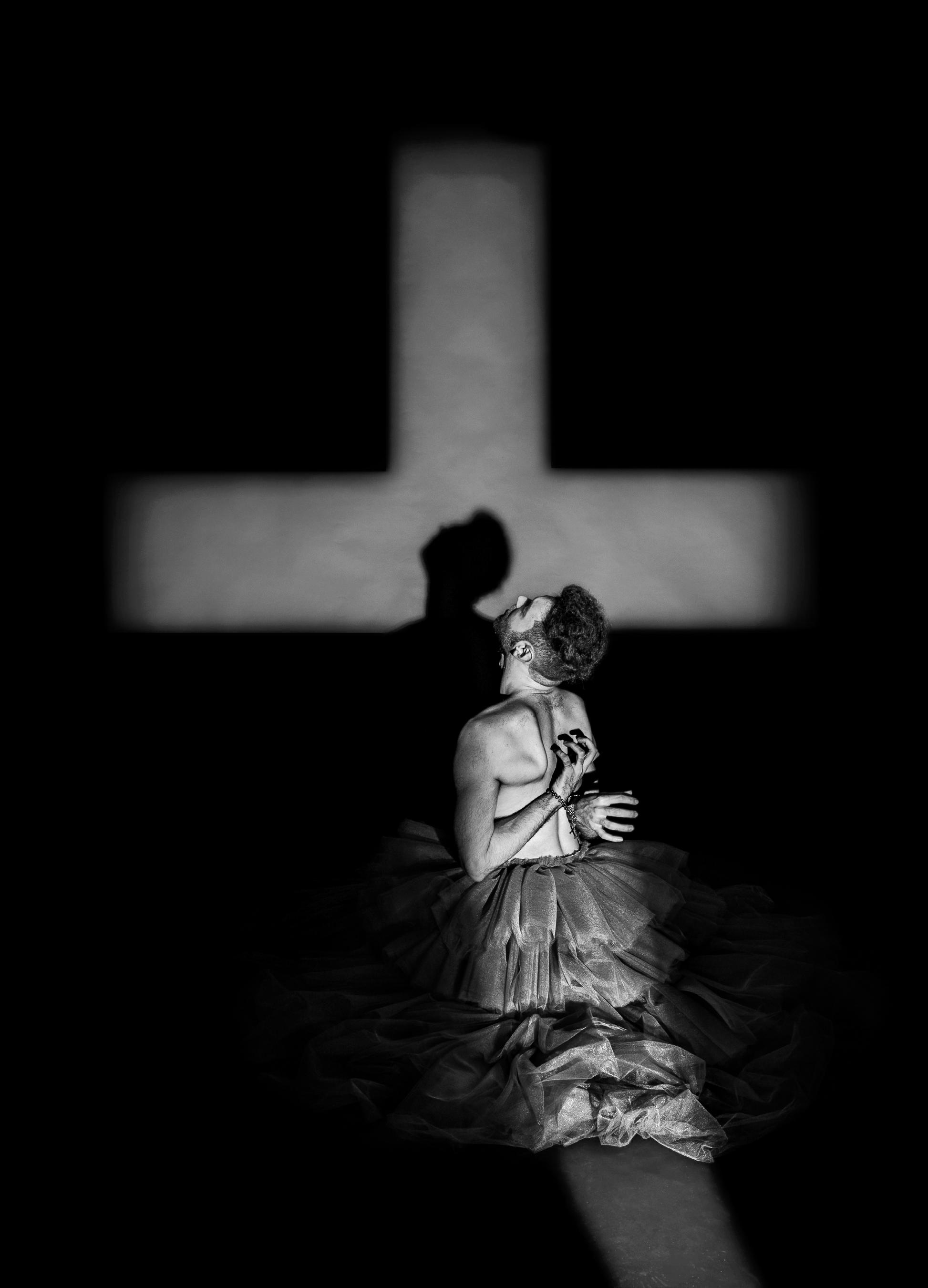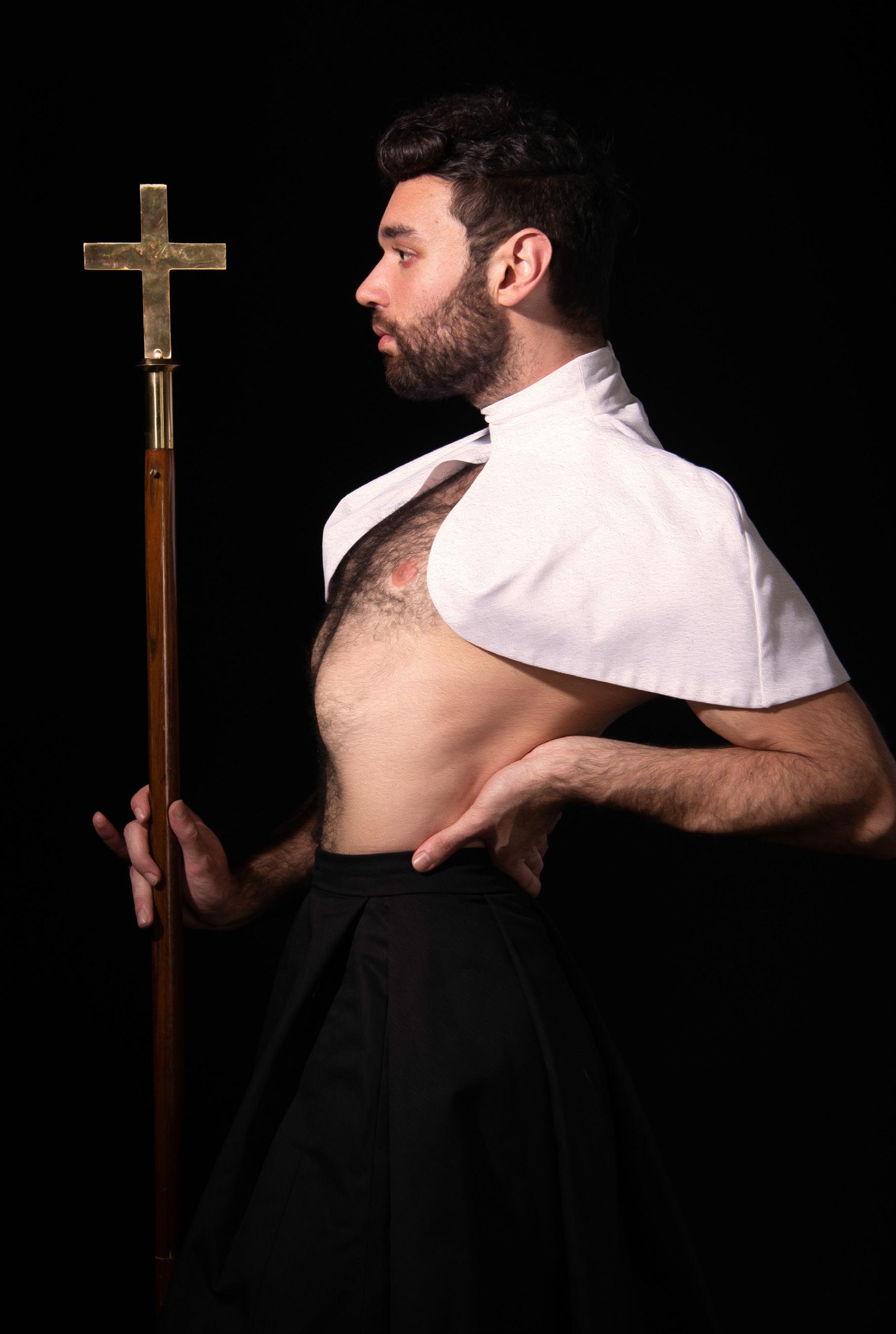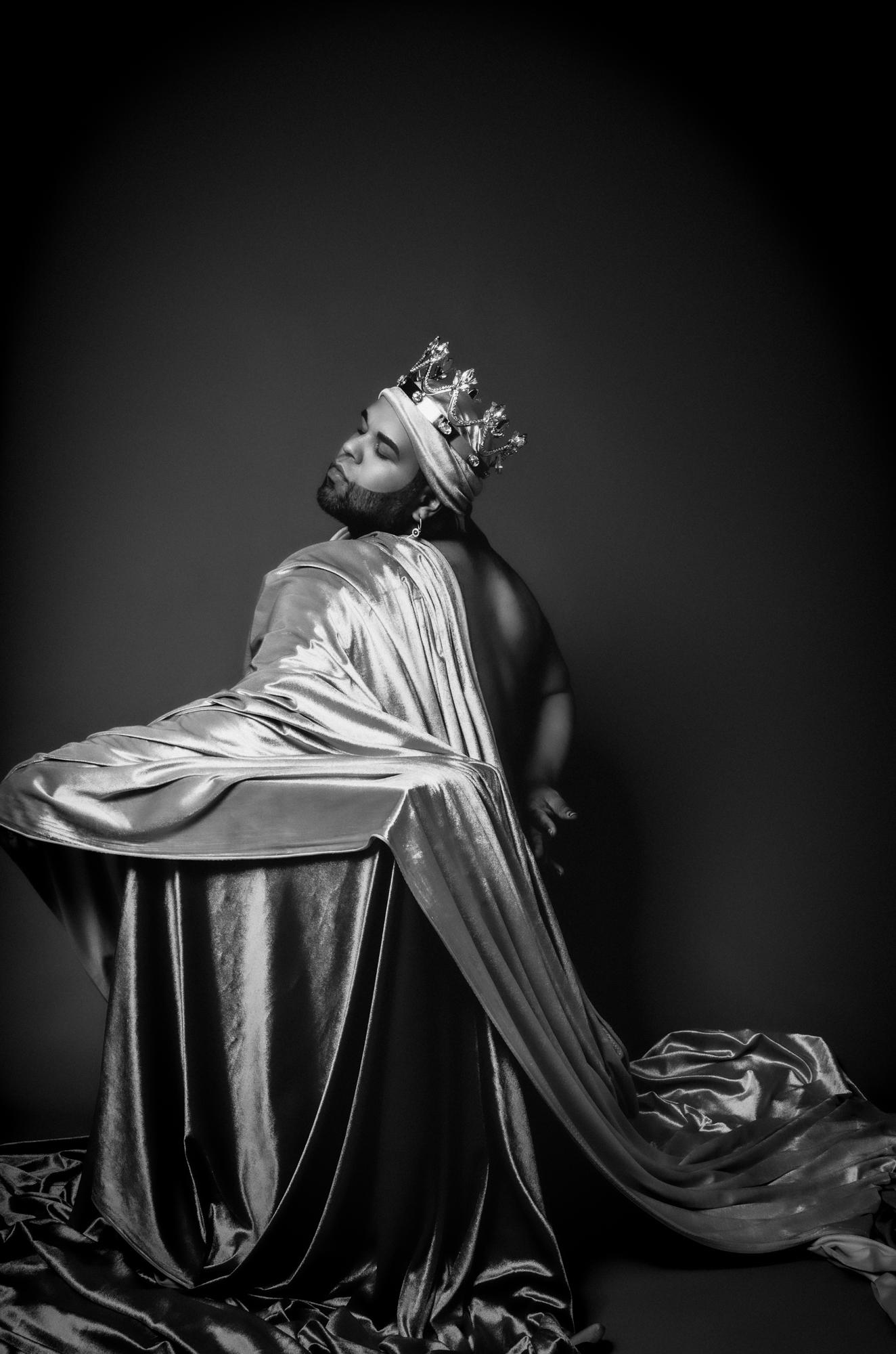
4 minute read
Call me by my name German
German
vazquez
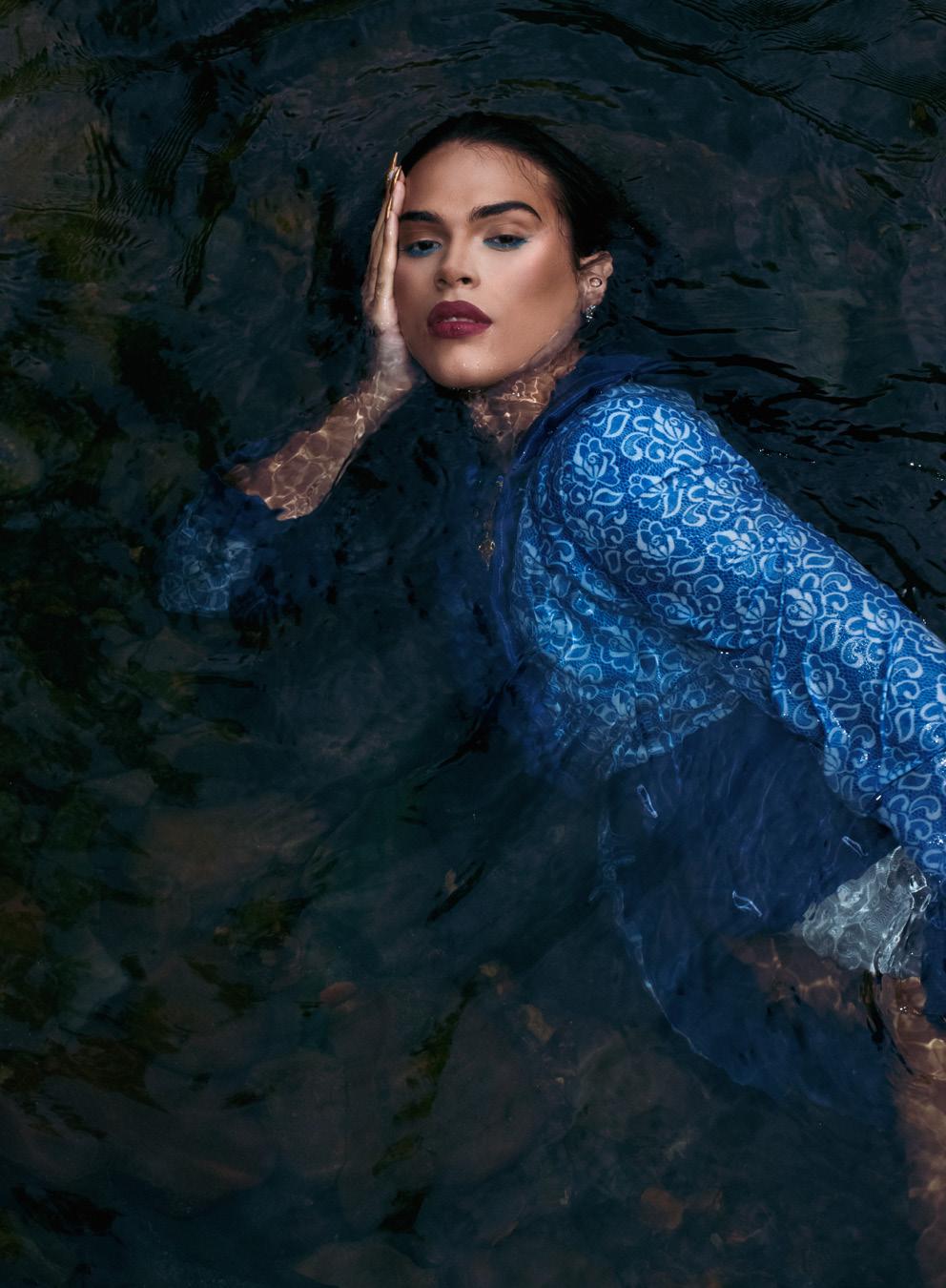
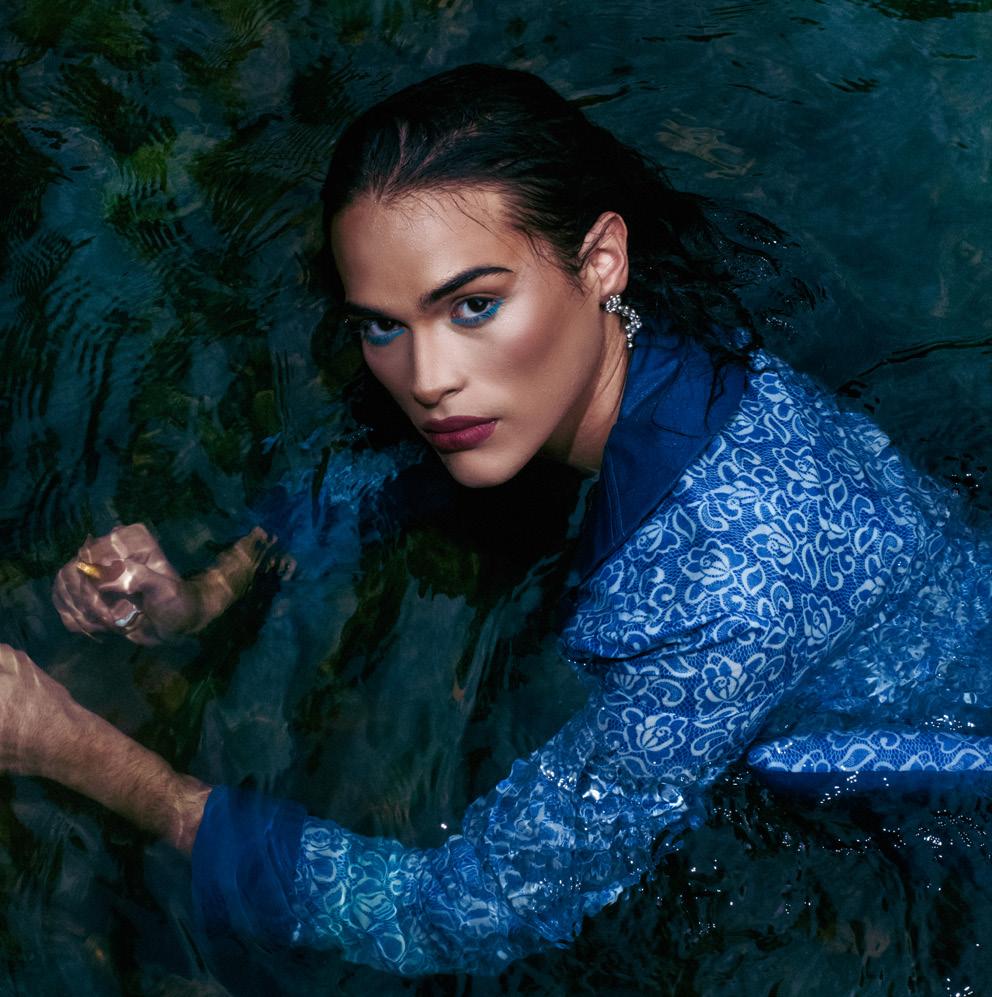
How did you come to work with photography?
For years I devoted my time to working with companies that didn’t value me in ways that I felt motivated enough to built a career off of that, so I was always an art enthusiast but after working several jobs I realized that it was time to focus on things that I wanted to do. I’ve always had a camera but when I moved to Philadelphia I immediately knew I wanted to further my knowledge on this; and so I did the idea of not seeing people like me being represented i knew that I had what it takes to make a difference and I just trusted my heart and just went for it and here I am today looking back and I’m very proud of all the changes that I have made and I have created to ensure visibility and opportunities for other BIPOC.
Did you study photography or did you jump in and learn along the way?
For me it was very important to study photography to learn about the history and how we got here. I studied photography in High school and years later I went to Community College in Philadelphia, where I studied for two years to get my Associate of Applied Sciences in Photography. Upon graduation from there, I was given a full scholarship to complete my BFA in Fine Art Photography from the University of the Arts in Philadelphia. But even with going to these institutions I was able to find my own voice in Photography independently by research and giving myself the opportunity to dig deeper.
What do you love about photography?
For me, photography has done something that has helped me learn more about my community and myself. What I am most passionate about is creating spaces for the unwanted in this artistic industry. I like to challenge issues that make many uncomfortable, such as religion gender and sexuality, especially in colonized places like my Puerto Rico.
When taking photos... What do you prefer to portray, subjects, landscapes, objects etc.?
My preference has always been photographing subjects/ models and etc., as I explained before I love creating work that challenges Fashion, Religion, Gender, and Sexuality in my work, as a way to comment on what we are facing in a world like today!
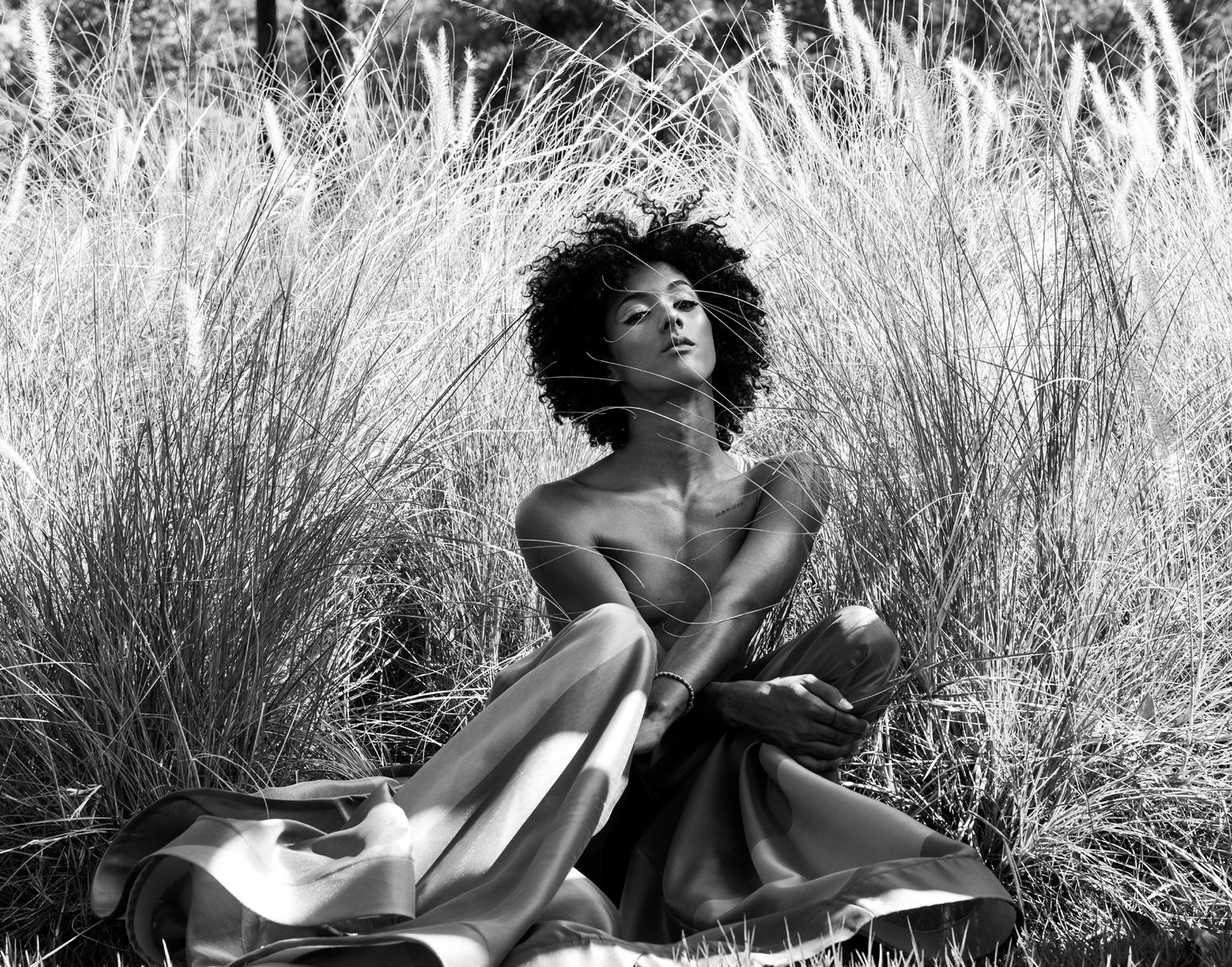
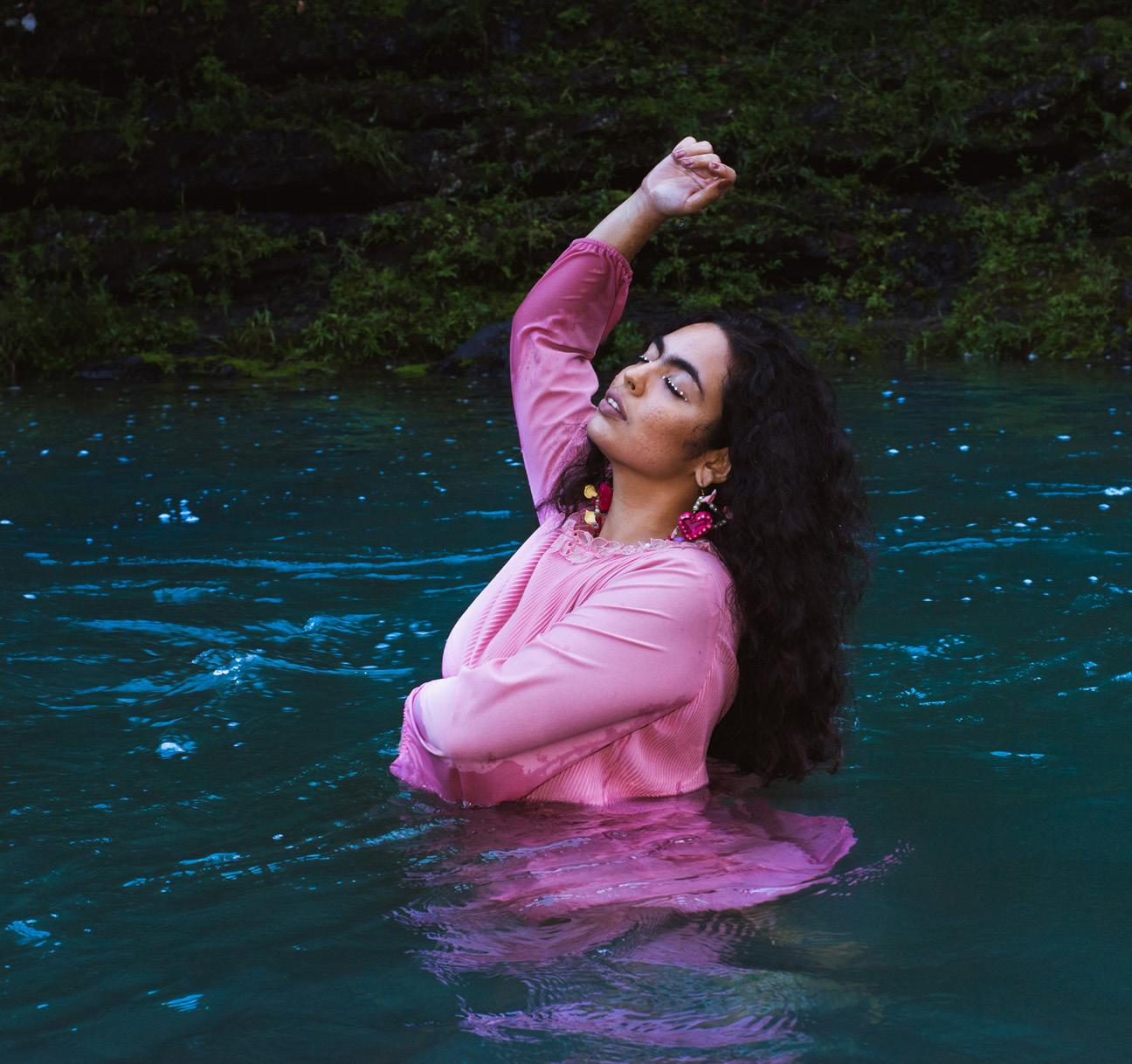
What camera/s do you have? Tell us a little about the one you love the most.
I have my Nikon D610 Full Frame that I have had since I upgraded in 2016. This camera was my first full frame camera and it has been an amazing tool that has helped me capture some of my most stunning work. I always say you don’t need fancy equipment to make a great photograph its all about understanding lightning and the camera itself.
Do you have a photographer who is / might be the inspiration for your work?
I base a-lot of my work on art, so when I say that I mean that I love looking back at paintings and etc. I love see the gestures which always allows me to think about how I can interpret that in a modern world. I don’t have many that inspire me but I do have some that I look up to such as Campbell Addy and Kehinde Wiley. Their work represents black and LGBTQ+ bodies embodying old art but in a contemporary world.
Between studio photography and “on site” photography, which one do you prefer?
Many of my images are created in the studio because it helps me understand more how to illuminate my subject and it also helps me understand more about the camera. When I am in a location shoot depending on the day it is easier to control the light with the use of reflectors and etc. But it always depends on the direction of the project but to conclude I do not think I have any preference because both satisfy me equally.
Do you have any advice for future photographers?
Take your time learn the camera, lighting and etc. there is no rush to success. Keep working on the things you love don’t let anyone dictate what you can and cannot do the world is ours and we have the ability to become what ever we put our mind into, but keep in mind that your are worth it and making sure that you are compensated for the things you do!
